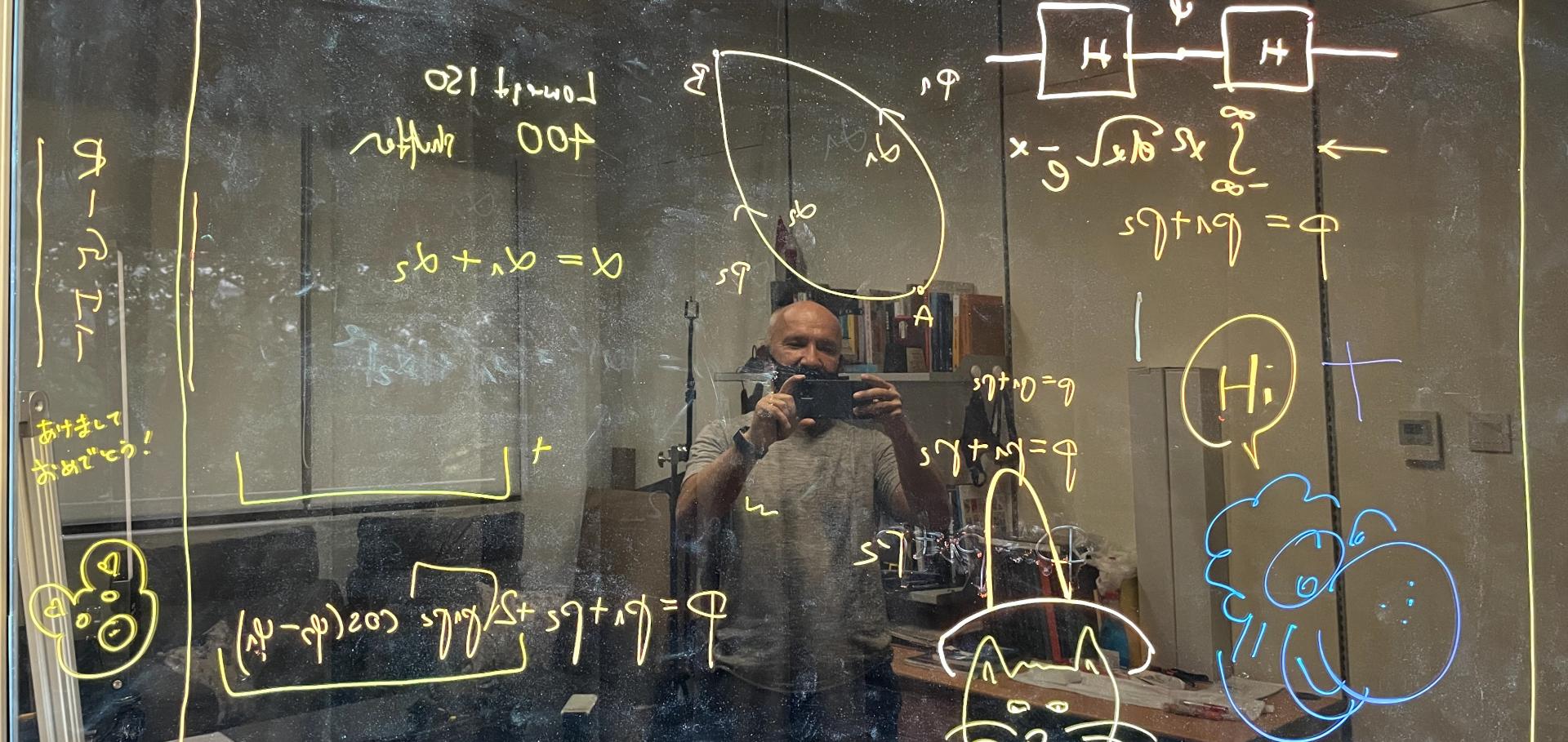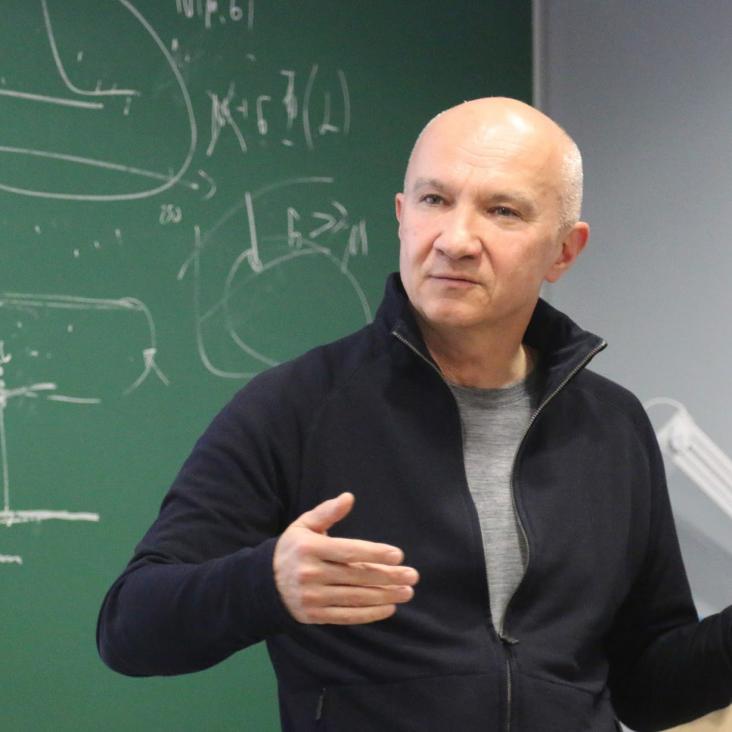On the Improvement of Frequency Stardards with Quantum Entanglement
(1997)
Photon antibunching versus phantom antibunching?
Acta Physica Slovaca 47:3-4 (1997) 319-322
Abstract:
Photon antibunching defined by two-time correlation functions has hitherto, to our best knowledge, been considered to constitute a unique, well denned effect. We show explicitly that this is by no means the case. We analyze two of the most famous definitions showing that both antibunching and bunching effects according to one definition can be accompanied by arbitrary photon correlation effects according to another. As an example we discuss a model of parametric frequency conversion.Optimal Universal and State-Dependent Quantum Cloning
ArXiv quant-ph/9705038 (1997)


